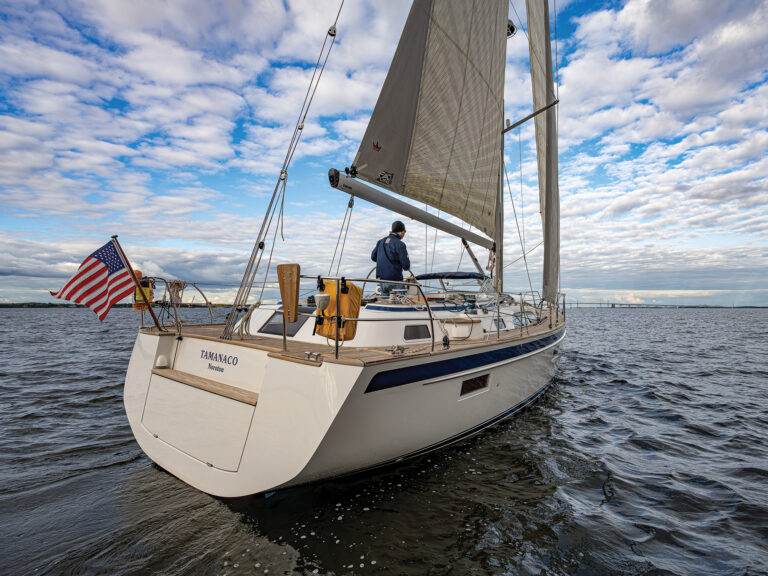The recent news that the U.S. Coast Guard has decided to stop printing and mailing its weekly Notice to Mariners sent a familiar chill through my circuits. Not for the first time, I’m haunted by a scene from Fast, Cheap, and Out of Control. The 1997 documentary mixes interviews, fuguelike, from four characters in whom genius and madness seem to keep close company. Rodney Brooks, one of the four, is a charming robotics engineer with wild eyes and a speaking voice that sounds somehow more Transylvanian than the good-on-ya Australian of his native Oz. Brooks directs MIT’s Computer Science and Artificial Intelligence Laboratory, and for most of the film he shows off the lifelike machines he builds, robots that look and behave not like R2D2 but like an efficient colony of ants. His vision is compelling; his delivery, charismatic. And then, just when he’s really drawn you in, Brooks drops the bomb: “Some people believe that we’re going to replace ourselves with these machines, and that may be. If we’re really successful, there may not be any place for humans in the future.” Yes, folks, it’s all just a part of the natural evolution on Earth from carbon-based life forms to silicon-based life forms. Brooks’ eyes dance with the possibilities.
Hence that chill.
Of course, the Coast Guard’s decision makes perfect sense, rationally. We should applaud its choice to stop consuming all that paper and ink, to stop spending all those tax dollars on postage; it’s money better spent on gathering the updates that will go in to the Notices to Mariners-which, yes, are still produced and delivered, albeit electronically (www.navcen.uscg.gov). To sign up, all you need is a digital interface.
This techology makes possible the brilliant new Print On Demand system, administered in partnership by NOAA’s Office of Coast Survey and OceanGrafix LLC (www.oceangrafix.com). Now, instead of hunting through incomplete collections of outdated charts at your chandlery, you place your order and the agent prints out exactly the charts you want-current to the very latest Notice to Mariners. It makes possible subtle tweaks to the traditional blue and yellow, as Tides End Ltd. has demonstrated with its gray-scale charts for better visibility under red light.
Likewise, it makes sense, rationally, that governments domestic and foreign no longer require that paper charts be carried aboard every commercial vessel. Members of the International Maritime Organization have convened and debated and concluded that electronic charting systems, as long as they’re built to the so-called S-57 standard and backed up by an alternative power source, amply satisfy the carriage requirement for charts on board. Sure, you can imagine all sorts of hypotheticals in which both systems fail. But paper charts aren’t immune to getting torn up, barfed on, eraser-gouged, or blown overboard. Compared to the outdated paper charts most of us carry under our settees, today’s electronic charts are mind-blowingly better tools, displaying not just three-dimensional bottom contours and the phone number for the nearest fuel dock but also–coming soon to a screen near you–the name and hailing port and course and speed of the ship that’s fast bearing down on you. Best of all, authorized electronic charts, updated in real time, are available for free for the entire U.S. coast (http://nauticalcharts.noaa.gov).
Laboring through stacks of old Notices to Mariners, dutifully transferring every new buoy position in pencil, certainly detracts from the romance associated with the doodled rainbows and mermaids that marked your last passage across those old paper charts. No, there’s really no question: When it comes to an “automated decision aid”-as the IMO calls electronic charting-silicon beats carbon every time. Maybe that’s what’s so vexing: Deep down, I’m beginning to suspect that my boat would get along just fine without me.








